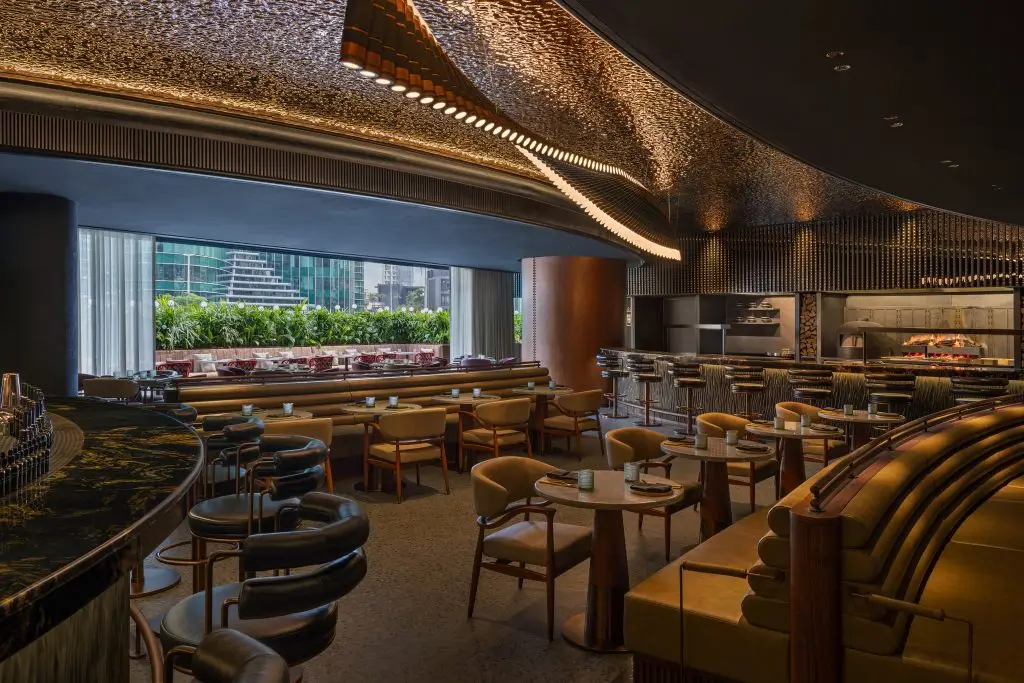This pattern, while significant, doesn’t tell the whole story. Dubai’s food service industry showcased its adaptability, with the delivery sector maintaining strong performance. Notably, restaurants situated in mall locations experienced a 13.6% increase in delivery orders during Ramadan, indicating a continued demand for convenient meal options, particularly during peak evening hours.
Furthermore, Middle Eastern restaurants, traditionally popular for Iftar, saw a surge in delivery orders during late-night hours, with over half of their delivery business occurring between 11:00 PM and 3:00 AM. This suggests a potential for these establishments to cater to those seeking late-night meals after prayers and family time.
The overall dine-in figures across various cuisines saw an average decline of 11%, with Middle Eastern cuisine experiencing the largest impact. However, the data also revealed a positive trend: the average dine-in order value increased by 5.3% during Ramadan, suggesting that while fewer patrons dined in, their spending per visit was higher.
Alexander Ponomarev, CEO at Syrve MENA, noted, “The Ramadan period invariably influences dining habits in Dubai. While the decrease in dine-in orders is a recurring pattern, the strength of the delivery sector and the increase in average order values present key areas of focus for restaurants to optimise their strategies.”
These insights offer valuable lessons for future planning and service adaptation within the ever-evolving Dubai dining scene. By understanding these shifts, hotels can refine their offerings and ensure they are well-positioned to meet the changing needs of both residents and visitors throughout the year.





